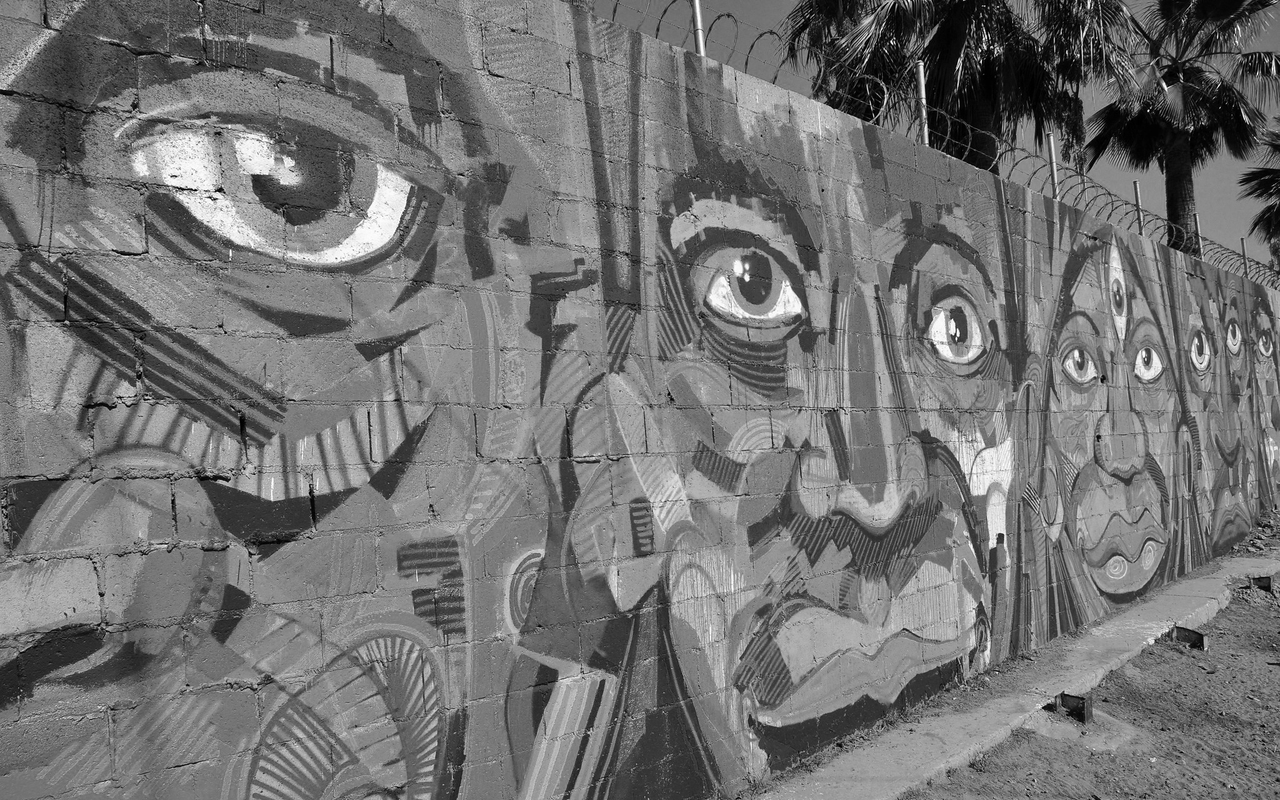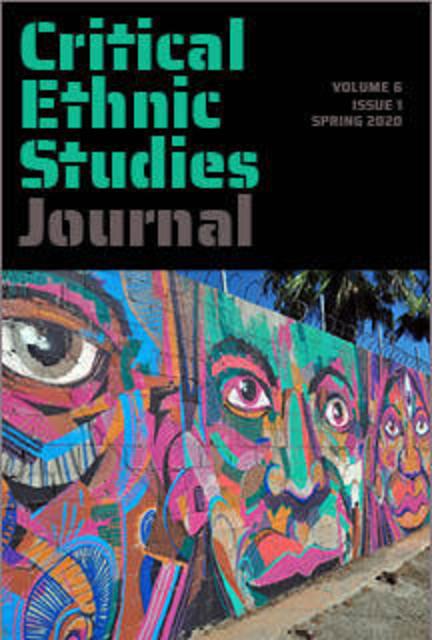
CES Volume 6, Issue 1
Spring 2020
Issue 6.1 is the first open-access issue of Critical Ethnic Studies (CES). By transforming CES into a hub for internetworked intellectual and political convergence, we hope to catalyze the journal as a lively forum for generative conversations between and among scholars at all ranks, activists, organizers, and artists engaged in critical ethnic studies and racial justice work, thus bridging academic research, community organizing, and activist-scholarship here and around the world. To this end, we have introduced several innovations. First and foremost, each issue now opens with features seldom recognized as scholarship in academic peer-reviewed journals, rather than positioning them as supplements or postscripts to more traditional academic research. CES issues will now open with (1) interviews with activists and activist collectives conducted by us as editors or guest editors, (2) curated political education documents (including pamphlets, manifestos, and community archives), and (3) syllabi that mark pressing, emergent, or undertheorized areas of concern in the field of critical ethnic studies.
This issue of CES calls renewed attention to the centrality of the U.S. university and knowledge formations around difference to the military/security-industrial complex and to the war and police power exercised, in both spectacular and routinized ways, against migrant justice, decolonization, Indigenous sovereignty, abolition, and demilitarization movements—struggles that confront interlinked modes of imperial violence. In the space of this journal, we hold open critical ethnic studies as a vital site of political education and organizational praxis. By recalling the radical vision that animated the TWLF struggle—not one and the same as the institutionalized trajectory of ethnic studies—we inquire into the prospects, in our current moment, of teaching and realizing ethnic studies along ever-relevant anti-imperialist lines.
Cover design by Elizabeth Elsas Mandel.
Cover art, Art on the Border Wall in Tijuana, by Jonathan McIntosh is licensed under the Creative Commons BY 2.0 License.
Contents
Editors’ Introduction
“No Liberation in Isolation”: Collectivity, Internationalism, and Political Education
Neda Atanasoski, Christine Hong- This text has 5 annotations
- This text has 1 highlight
Interview
- This text has 0 annotations
- This text has 0 highlights
Political-Education Document
The Red Nation and Beyond Borders Caucus
Hope-Siihasin Alvarado- This text has 1 annotation
- This text has 2 highlights
Syllabus
Critical Refugee Studies
Ma Vang- This text has 0 annotations
- This text has 0 highlights
Essays
The Labor of Absolution: National Detritus and the Op-Ed Form of the Vietnamese Refugee
Trung Phan Quoc Nguyen- This text has 0 annotations
- This text has 0 highlights
- This text has 0 annotations
- This text has 15 highlights
- This text has 0 annotations
- This text has 0 highlights
- This text has 0 annotations
- This text has 0 highlights
- This text has 0 annotations
- This text has 26 highlights
Forum: Manu Karuka’s “Empire’s Tracks: Indigenous Nations, Chinese Workers, and the Transcontinental Railroad”
- This text has 0 annotations
- This text has 0 highlights
- This text has 0 annotations
- This text has 0 highlights
Teachings against Empire: Empire’s Tracks
Sandy Grande- This text has 0 annotations
- This text has 0 highlights
Communiqué from the War-Finance Nexus
Anjali Nath- This text has 0 annotations
- This text has 0 highlights
- This text has 0 annotations
- This text has 0 highlights
Author’s Response to Empire’s Tracks Forum
Manu Karuka- This text has 0 annotations
- This text has 0 highlights
Metadata
- restrictionsAll rights reserved. With the exception of fair use, no part of this publication may be reproduced, stored in a retrieval system, or transmitted, in any form or by any means, electronic, mechanical, photocopying, recording, or otherwise, without a license or authorization from the Copyright Clearance Center (CCC), or the prior written permission of the University of Minnesota Press.
- issn2373-504X
- publisherUniversity of Minnesota Press
- publisher placeMinneapolis, MN
- rightsCopyright 2021 by the Critical Ethnic Studies Association
- rights holderCritical Ethnic Studies Association
- doi


